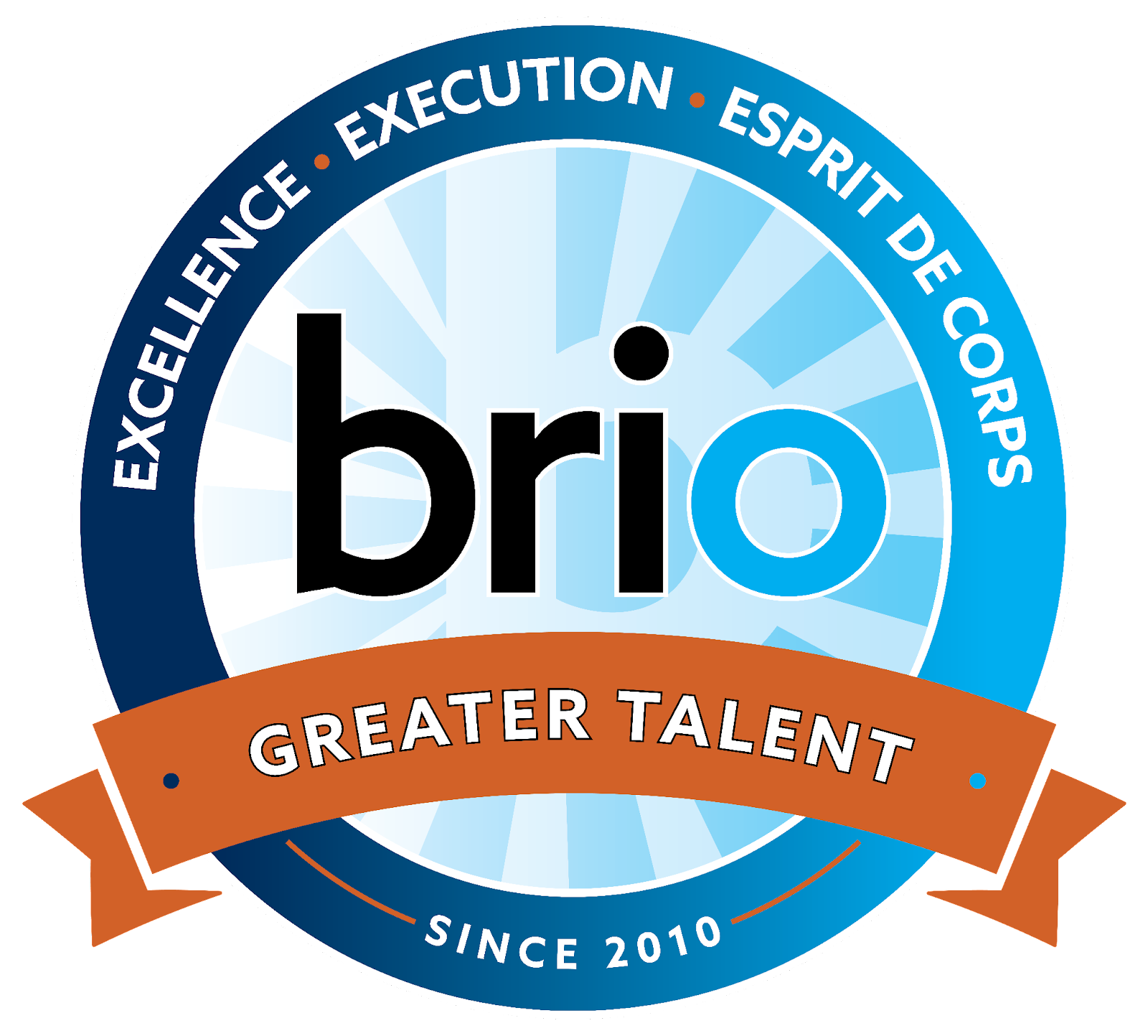
SHARE
If we’ve learned anything from the pandemic it should be the importance of resilience because adversity in life is all but inevitable. Consider some of the most successful business leaders in history who suggest that defeat and failure can actually be the keys to success because you can emerge stronger than before by accepting losses sooner and learning from them. Although some people are more resilient than others, it’s still a natural trait that we all share in common and can leverage in our personal and professional lives. In this blog post, we’re going to focus on how to build resilience in your career.
Focus on Building Relationships
Developing an effective network creates a solid foundation for resilience because it’s a system of people that can be your first line of defense against adversity. It’s important to view clients and coworkers as professional relationships rather than only contacts or transactions. Stay proactive in your networking efforts by giving your time to the people you care about and establishing new connections along the way.
Take Career Ownership
Personal branding is essential whether you’re a contract research associate, clinical trial manager, or a clinical scientist. Focus more on managing your career like your own business if you want to succeed because it allows you to stand out from the competition and build trust with clients and employers. Many contract research organizations also use social media to screen and monitor potential and current employees. So, keep your digital presence authentic and honest.
Develop Your Expertise
Continuous learning will increase your career resilience and self-confidence. If you happen to get furloughed or laid-off during the pandemic, then you can still take charge of your professional development by attending biotech conferences, taking online courses, and staying competent on the latest technology.
Create an Optimistic Mindset
Thomas Edison said, “I have not failed. I’ve just found 10,000 ways that won’t work.” He went on to invent the lightbulb after thousands of failed attempts. You can train your brain to think more positively by viewing setbacks as opportunities. You have to forgive yourself for not knowing something the first time and let go before you can move on and learn from it. Then, surround yourself with other optimistic people and limit your exposure to social media, news, etc.
Career resilience isn’t going to happen automatically. You can make it stronger by focusing on your professional relationships, personal branding, continuous learning, and being more optimistic during uncertain times.
How can we help you?
Are you seeking talent in Pharmaceutical, Biotech, Medical Device or Clinical Research?
We can create a custom recruitment strategy for your organization. I’m Ready to Hire!
Are you considering a new career opportunity?
We can help you land the opportunity that displays your talents and advances your career. Contact Us or Browse Jobs.



